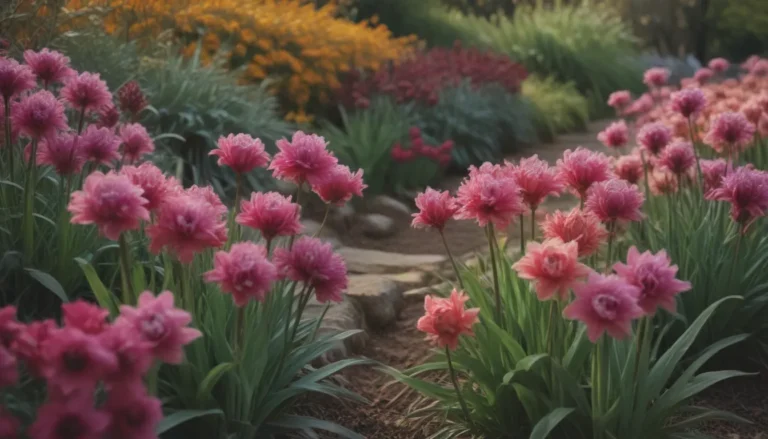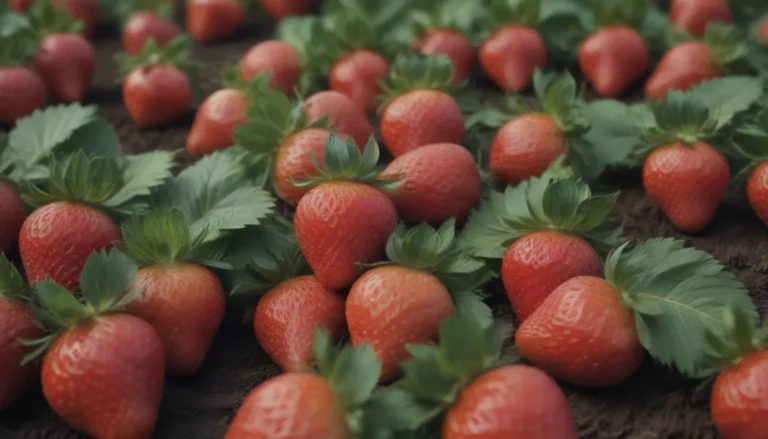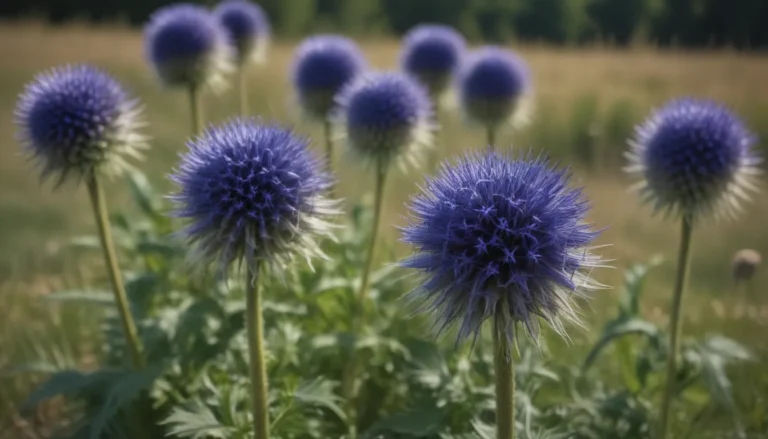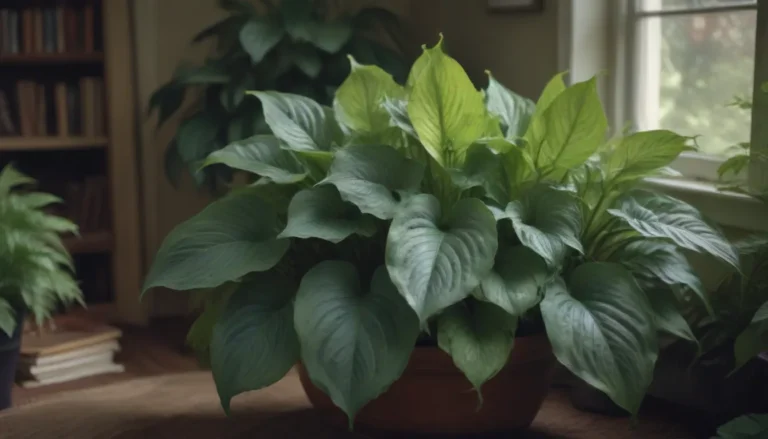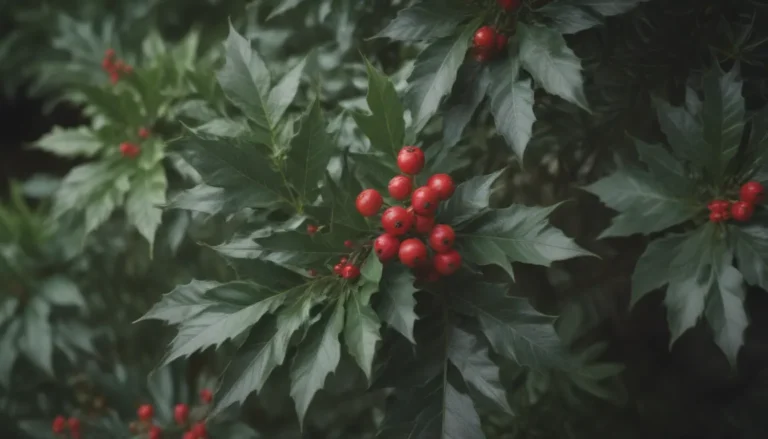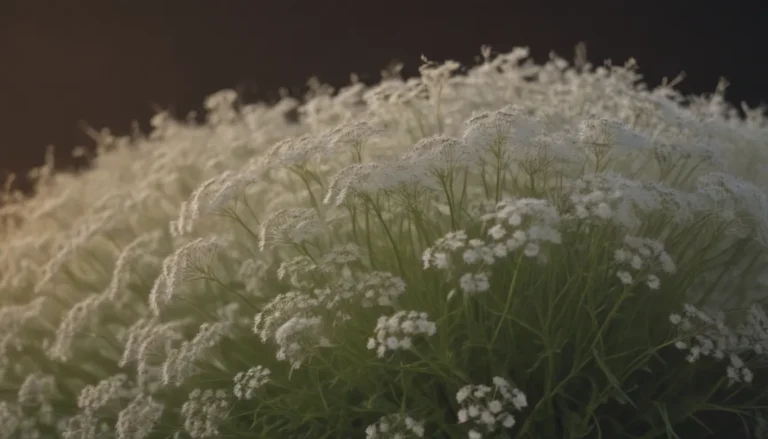The Benefits of Vermiculite in Soil
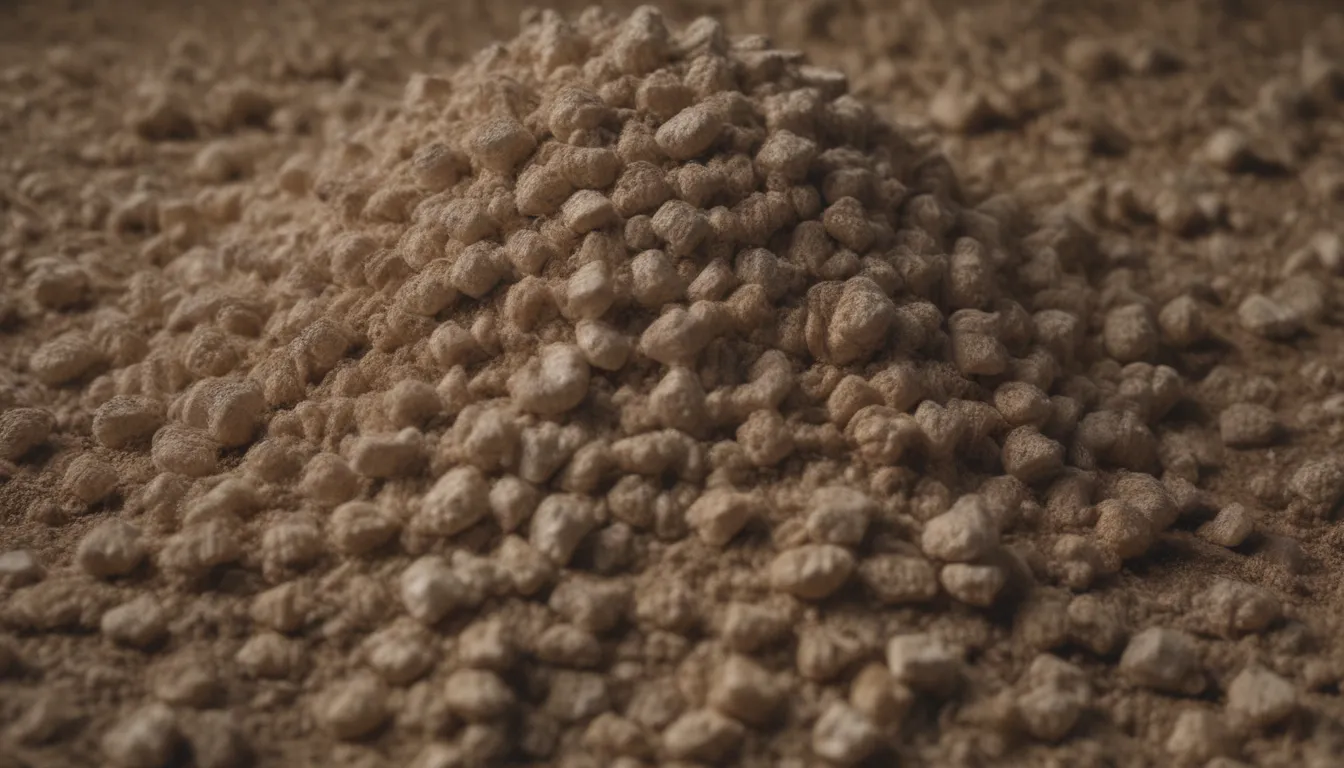
Vermiculite is a versatile mineral product that has been used for years to improve soil conditions for houseplants and garden plants. Its unique properties make it an ideal soil additive that can enhance plant growth and overall soil health. In this article, we will delve deeper into what vermiculite is, how it works in soil, its benefits, disadvantages, and how it compares to perlite. We will also discuss how to use vermiculite effectively in soil to maximize its benefits for your plants.
What Is Vermiculite?
Vermiculite is a mica-like mineral that is commonly used as a soil amendment. It is mined from the ground, exfoliated, and treated with extreme heat and pressure to create a lightweight, worm-like, and curly material. This silvery-gray and flaky substance has the unique ability to expand, making it an excellent soil conditioner. Vermiculite does not contain any nutrients itself but has the ability to trap nutrients in the soil, making them available to plants when needed.
How Vermiculite Works in Soil
Vermiculite’s ability to expand and its sterile nature make it a valuable addition to soil. When added to soil, vermiculite retains moisture, improves drainage, and lightens heavy soils, creating a more favorable environment for plant roots to grow. Its porous surface and unique shape also help trap nutrients in the soil, providing plants with essential elements for healthy growth. Additionally, vermiculite is sterile, meaning it does not harbor harmful plant pathogens, making it safe to use in your garden.
Benefits of Using Vermiculite in Soil
- Improved water absorption and retention
- Better soil drainage
- Lightens heavy soils
- Traps nutrients for plants
- Sterile and non-toxic
- Long-lasting in soil
Disadvantages of Using Vermiculite in Soil
- Can hold too much water in soil
- Needs to be mixed with fertilizer or compost for nutrients
How to Use Vermiculite in Soil
Vermiculite has a wide range of applications in gardening. Some common uses include:
- Improving drainage: Mix vermiculite with soil to improve drainage and prevent waterlogging.
- Improving water retention: Use vermiculite to increase water retention in sandy soils or in pots that dry out quickly.
- Seed starting: Create a seed starting mix by combining vermiculite with soil for faster germination.
- Addition to potting soil: Mix vermiculite with potting soil to improve soil structure and provide nutrients for plants.
- Rooting cuttings: Use vermiculite as a rooting medium for plant cuttings to stimulate root growth.
- Storing bulbs, root crops, and plants for indoor overwintering: Store plants indoors over winter by layering vermiculite around bulbs and root crops.
Vermiculite vs. Perlite
While vermiculite and perlite are both popular soil additives, they have different properties that make them suitable for different gardening situations. Perlite is a white material commonly found in soilless potting mixes that provides aeration to soil. In contrast, vermiculite is valued for its ability to retain water and improve soil texture.
Both vermiculite and perlite have similar characteristics, including being:
- Lightweight
- Non-toxic
- Sterile
However, the key difference lies in their moisture retention and aeration properties. Vermiculite is best used when moisture retention is crucial, while perlite is ideal for improving soil drainage and aeration.
When to Choose Vermiculite vs. Perlite
- Use vermiculite when:
- Moisture retention is essential.
- Soil needs to be lightened.
-
Plants require consistent water availability.
-
Use perlite when:
- Aeration is needed in soil.
- Soil needs to be well-draining.
- Plants are prone to root rot in saturated soil.
In conclusion, vermiculite is a valuable soil amendment that can benefit a wide range of plants by improving soil structure, water retention, and nutrient availability. When used correctly, vermiculite can help you achieve healthier, more productive plants in your garden. Consider incorporating vermiculite into your gardening routine to see the positive impact it can have on your plants’ growth and overall soil health. Happy gardening!
